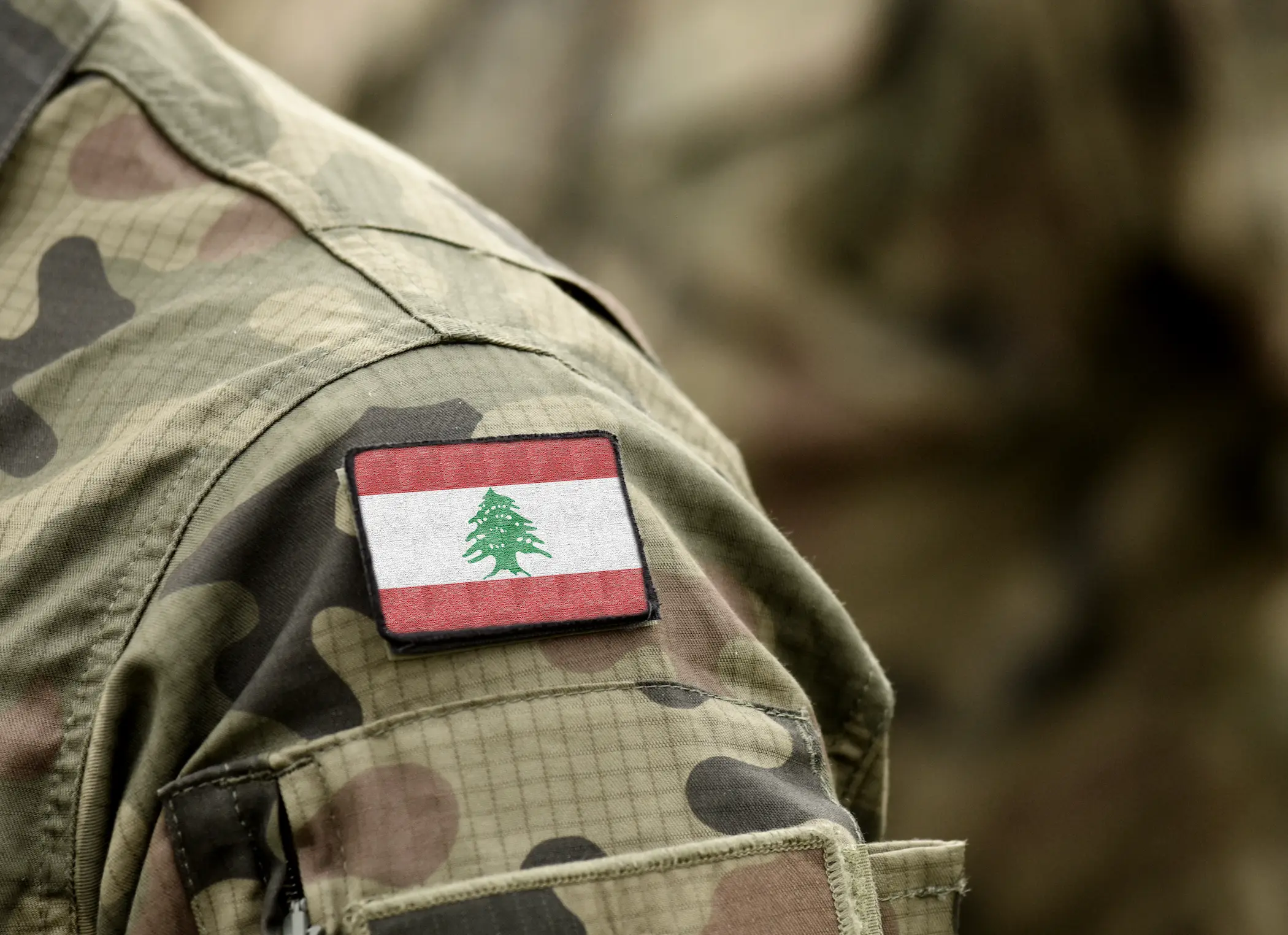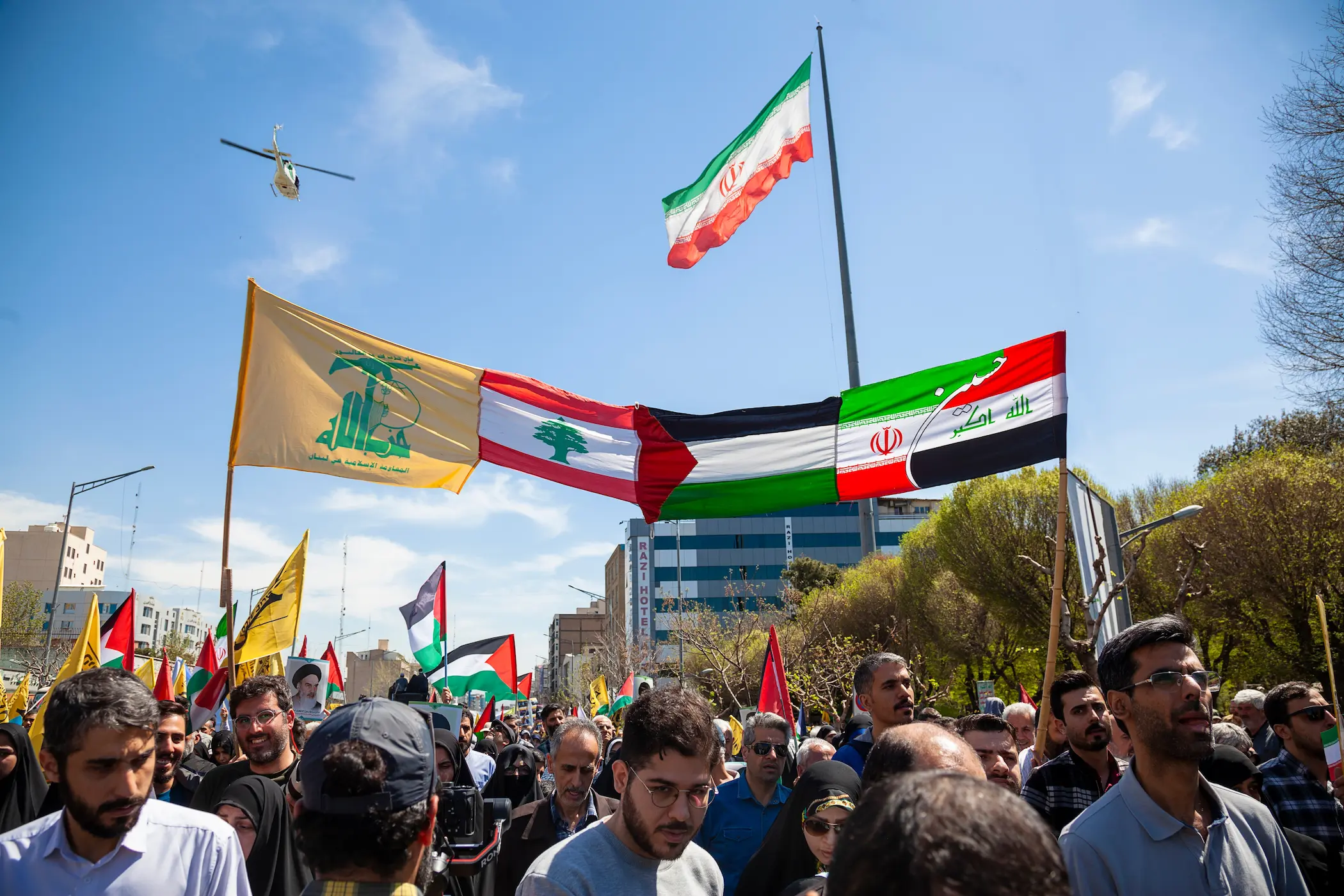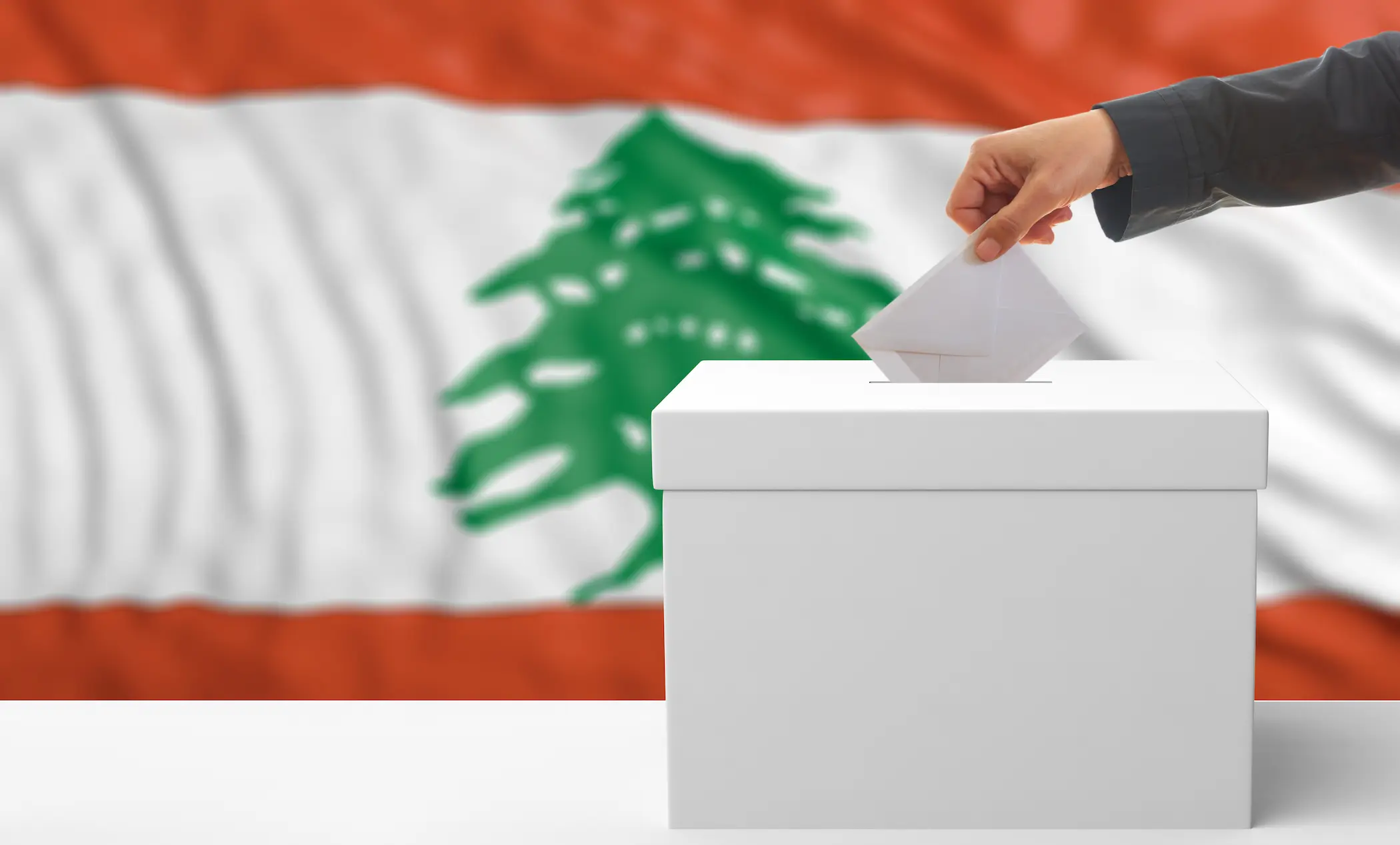1 Sep 2025
Is the Lebanese Army Equipped to Confront Hezbollah?
Lebanon today faces a critical crossroads that directly threatens its national sovereignty, and this challenge is reflected in the issue of confiscating Hezbollah’s weapons. On Aug. 5, 2025, the Lebanese government issued an important decision entrusting the armed forces with the task of developing a plan to establish the state's monopoly on weapons, restricting the possession of arms exclusively to state institutions, in implementation of the ceasefire agreement with Israel, with the plan to be executed before the end of the current year. This decision represents a strategic turning point that places Hezbollah before complex choices: voluntary disarmament, moving towards political transformation, or direct military confrontation with the Lebanese army.
Hezbollah, for its part, rejects this decision, describing it as a major sin, threatening to ignore it and considering disarmament a direct threat to Lebanon’s resistance against external aggression. The decision faces significant challenges due to the strong popular and political support Hezbollah enjoys, in addition to political maneuvers aimed at obstructing any measures targeting its weapons. Given the fragility of Lebanon’s political and sectarian system, there are significant risks of a confrontation breaking out that could escalate internal tensions and undermine security stability, making any direct military clash between the army and Hezbollah fraught with danger, with the likelihood of intensifying sectarian divisions and expanding the circle of violence. Will the Lebanese army be able to confront Hezbollah?
17 Aug 2025
Larijani’s Visit: Building Alliances or Rescuing Allies?
Iran’s militias in Iraq and Lebanon are currently grappling with multi-dimensional crises, including the erosion of their political influence, mounting military pressures, and the need to recalibrate their strategies amid shifting regional alliances in a volatile regional and international environment. These challenges are undermining their ability to sustain the role they once played within Iran’s “Axis of Resistance.” This situation coincides with the visit of the Secretary of Iran’s Supreme National Security Council, Ali Larijani, at a particularly critical and sensitive moment. The visit represents either an opportunity to forge new alliances or an attempt to rescue embattled allies in Iraq and Lebanon.
8 Jan 2025
Back to Square One: Will the Presidential Vacuum in Lebanon Come to an End?
Lebanese Parliament Speaker Nabih Berri reiterated his call for a general session of Parliament on Jan. 9, 2025, to elect a new president as Lebanon’s presidential vacuum stretches into its third year. This call comes amid an ongoing crisis that began on October 31, 2022, following the end of former President General Michel Aoun's term. Aoun’s departure marked the conclusion of a previous presidential vacuum that lasted for 29 months, during which 45 attempts to reach a quorum for his election were unsuccessful. In the current vacuum, Parliament has failed to elect a president after twelve sessions, the most recent of which was held on June 14, 2024. This series of unsuccessful attempts highlights the profound complexities of Lebanon’s political process.
Recent domestic initiatives aimed at resolving the presidential vacancy and reaching a consensus on a candidate have also faltered. Meanwhile, representatives from five key countries, the United States, France, Saudi Arabia, Egypt, and Qatar, continue their efforts to mediate and navigate the obstacles hindering Lebanon’s political forces from agreeing on a mechanism to address the protracted vacancy crisis.
Amid persistent uncertainty surrounding the identity of Lebanon’s next president, political circles have been actively circulating the names of potential candidates. Among these, Commander of the Lebanese Army General Joseph Aoun, has emerged as a strong contender and is widely viewed as a likely consensus candidate.
The upcoming parliamentary session has ignited significant hopes that it may produce tangible results and lead to the selection of a new occupant for Baabda Palace. However, this optimism is tempered by pressing questions about whether Lebanon’s political forces can overcome their divisions, resolve the presidential vacuum, and converge on a candidate amidst the shifting political dynamics within Lebanon and across the region.


